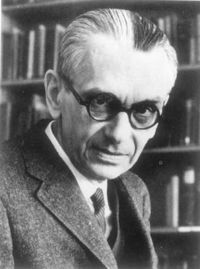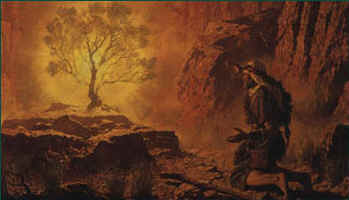Egrets!
 The parking lot at my job is a fair distance from the building I work at. I usually walk a good distance through terrain occupied by egrets, and there are a lot of them.
The parking lot at my job is a fair distance from the building I work at. I usually walk a good distance through terrain occupied by egrets, and there are a lot of them.Egrets are some of the strangest looking birds, in my opinion ... especially the way they walk. The have long necks that they extend as far as they possibly can. Then the rest of their body catches up with them. If they keep going they extend their necks out first. Sometimes when they put their necks out they seem to decide, "This is as far as I want to go," and they just stop their with their necks long and frozen. Pretty strange.
The egrets fix their eyes on me when I walk by them, and, esthetically speaking, I don't think this is fair. To me, they are the conspicuous ones. On a couple occoasions I have desired to give them an understanding of just how strange they are. On those days I extended my neck out and then came forward with the rest of my body. The egrets watched me the same as always, and continued walking the same as always. And I laughed at them.
"Blessed is the man who does not ... sit in the seat of scoffers."
I was, however, not at peace laughing at them. But why? Weren't these creatures just asking for someone to laugh at them? Then it occurred to me, "Maybe they walk this way because that's how God wants them to walk." This occurred to me not in a bubbly moment of sentiment, but in a quiet moment of seriousness.
If God can observe the fullness of the egrets' absurdity and still care for them, don't their strange movements become something of a boast? Is it possible that with every bending of the neck they are saying, "Here in the world we have nothing to boast, but here in this place of devotion toward God everything is ours!"
So let the egrets have their absurdity, I say. There is something wise and child-like about it. If anyone is fit to be ridiculed, it is the person who is puffed up in all their worldly distinctions and has never learned to know how heaven longs to come close to us independent of the ivory towers we dwell in.
Read More ...






